At this year’s Spring Meetings of the International Monetary Fund and World Bank, one important theme carried loud and clear; the critical relationship between security and development for restoring peace and stability throughout the world.
Toward the close of the week, Brookings President John Allen, World Bank President Jim Kim, Mayor of Baghdad Thikra Mohammed Jabir Alwash, French Minister for the Economy and Finance Bruno Le Maire, and Malian Minister of Economy and Finance Boubou Cissé participated in a World Bank event titled The Security-Development Nexus, moderated by Roula Khalaf, deputy editor at the Financial Times.
Here are our four takeaways from the discussion.
The importance of getting the sequencing right
Closer cooperation between security forces and development organizations is needed to address the complexities of modern crises and violent situations. Too often, development activities are postponed until after peace is restored. This sequencing needs to be adjusted to encourage development organizations to take action earlier in conflict zones, even before the fighting stops.
Jim Kim, President of the World Bank
Planning in isolation
A prime cause for the failure of campaigns to stabilize countries has been planning in isolation; focusing exclusively on winning the war without preparing for peace. Security, humanitarian, and development actors must jointly plan the investment of resources needed after a conflict is resolved to ensure a smooth transition toward stabilization.
John Allen, President of the Brookings Institution
Inclusion: A hearts and minds problem
Winning a war against radicalism is impossible if populations do not have hope or a long-term perspective. In this sense, education, agriculture for independence, and economic recovery are vital dimensions of post-conflict development. With that, the empowerment of women is central because reconciliation processes that include women have proved to be more durable.
Bruno Le Maire, French Minister for the Economy and Finance
Success begets success: The virtuous cycle of infrastructure, security, and investment
As has been seen in Baghdad, improved security and infrastructure, as simple as roads cleared of mines and security obstacles, attracts investments that create jobs, which support a longer-term guarantee of stability. Even after extremist groups like Islamic State have been defeated, their ideologies often persist. Countering persistent threats of terrorism and destabilization requires long-term commitments to security and development to ensure a positive cycle of economic growth.
Thikra Mohammed Jabir Alwash, Mayor of Baghdad
Regional structures are critical
Regional structures like the Economic Community of West African States (ECOWAS) play a role in ending conflicts and preventing future ones. Conflicts today often spill across borders affecting entire regions rather than a single country. Regional institutions can implement peacekeeping operations, lead stabilization missions, and provide judiciary tools for dealing with complex, multinational crises.
Boubou Cissé, Malian Minister of Economy and Finance
Going forward, security forces and development organizations must emphasize the sequencing of development investments, planning together during the conflict resolution, tackling the challenges of hearts and minds, and supporting regional institutions. Successful stabilization, and ultimately achieving international goals like ending extreme poverty, will depend on it.
Joshua Miller contributed to this post.
The Brookings Institution is committed to quality, independence, and impact.
We are supported by a diverse array of funders. In line with our values and policies, each Brookings publication represents the sole views of its author(s).

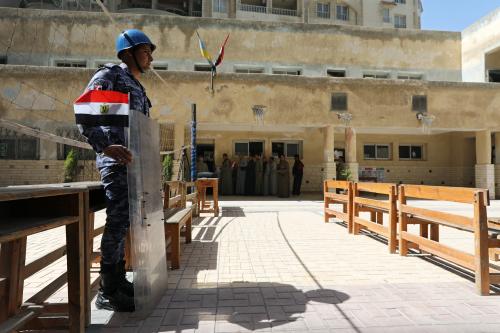


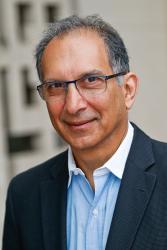
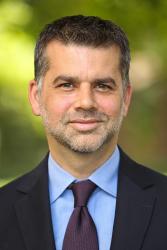
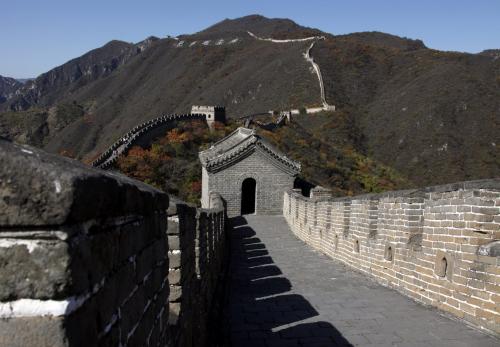
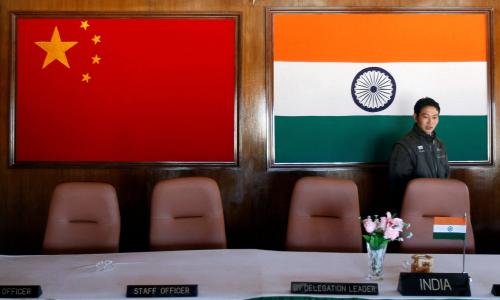

Commentary
Improving the relationship between security and development
April 27, 2018